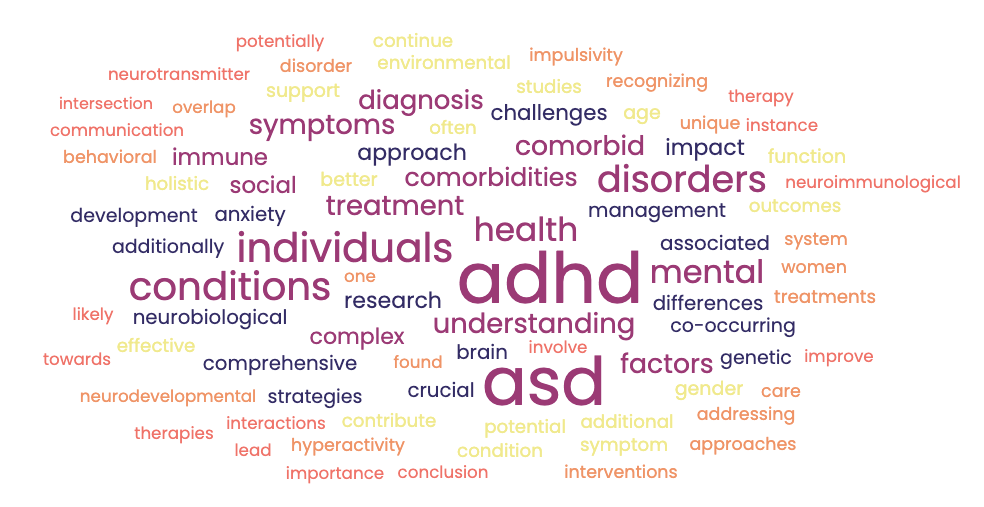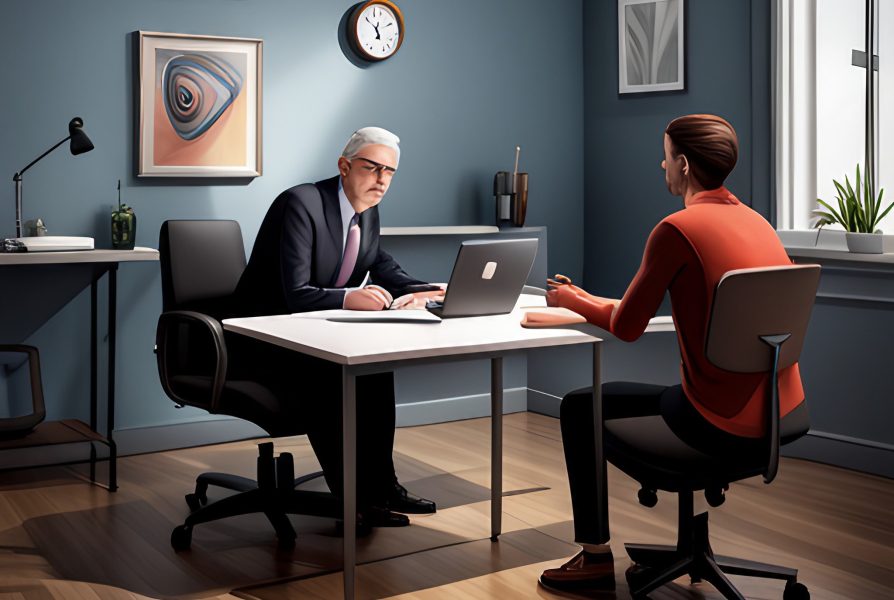According to the Centers for Disease Control (CDC) nearly 70 million Americans suffer from chronic sleep problems; however, this number does not begin to address the fact that most people will have problems with sleep at some point in their lives.
Insomnia is the term that is used to describe sleep that is unsatisfactory in duration, efficiency or quality and leads to daytime symptoms including fatigue, tiredness, mood fluctuations, social discomfort, increased anxiety, and problems with performance (Morin, 1993). When these sleep problems persist they can decrease a person’s quality of life and lead to health problems such as depression, anxiety, and dependence on sleeping pills (Lichstein, 2012). Any person who has suffered with chronic sleep problems should consult with his or her primary doctor in order to rule out medical causes of insomnia such as sleep apnea.
For those who have intermittent problems with sleep there are a number of strategies that can be used to improve sleep patterns. The first involves practicing good habits throughout the day that will increase the likelihood of being able to sleep well at night.
Anyone with sleep problems should start by (adapted from Lichstein, 2012):
- Minimizing caffeine
- Minimizing naps
- Increase exercise during the day (please check with your physician prior to starting a new exercise routine)
- Minimizing exercise within 2 hours of bedtime (for some it can be better to stick to morning exercise)
- Avoid smoking within 4-6 hours of bedtime
- Avoid alcohol within 4-6 hours of bedtime
- Avoid heavy meals within 2 hours bedtime
In addition to changing daily patterns it is also important to begin to change the behaviors around the bedroom.
These changes include (adapted from Lichstein, 2012):
- Eliminating activities that are not related to sleep from the bedroom (i.e. reading, TV, computer, laying awake for long periods of time; this does not include sexual activity)
- Avoid the use of electronic devises (i.e. phones, tablets, TV)
- Get in bed only when sleepy
- Exit the bedroom if you are awake for more than 15-20 minutes
- Exit the bedroom if you wake in the middle of the night for longer than 15-20 minutes
- Wake up at the same time every day (including weekends) and get out of bed
- Turn the bedroom clock away from you
Another useful tool when trying to improve sleep is relaxation. Relaxation exercises give the mind something to focus on while also relaxing the body. Below you will find a number of links to helpful apps that can be purchased to help with sleep as well as a few links to websites with free relaxation exercises.
If you have tried a number of different approaches to help you sleep better, it is recommended that you consider consulting a psychologist trained in the treatment of insomnia. Along with helping you to apply the techniques shared above, a psychologist can also assist you in setting a restricted sleep schedule that can be used to reset your body’s internal sleep clock. In addition, psychologists can also help you to address the emotional factors and thoughts that may be contributing to your problems with sleep.
Here is a list of websites that can help you with relaxation:
http://www.hws.edu/studentlife/counseling_relax.aspx
http://markspsychiatry.com/what-is-guided-imagery/
http://ucc.nd.edu/self-help/stress-management/relaxation-exercises/
Here are some recommended apps to help you relax:
iSleep Easy – Meditations for
Restful Sleep
Sleep Sounds and Spa Music for Insomnia
White Noise








